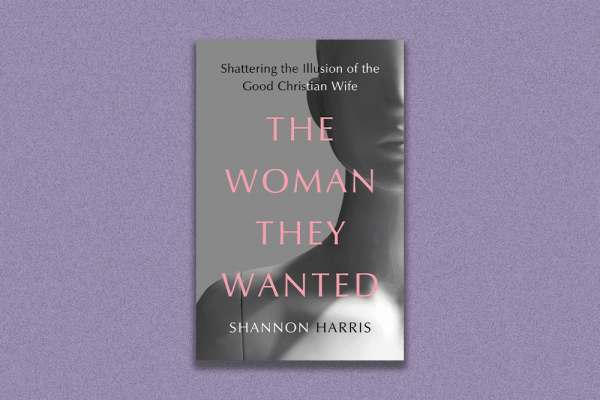Sep 29, 2023
Who is Shannon Harris? This is the question that Harris herself was asking as she began to untangle her life from the fundamentalist, conservative evangelical faith she had married into.
Read the Full Article

Already a subscriber? Login
